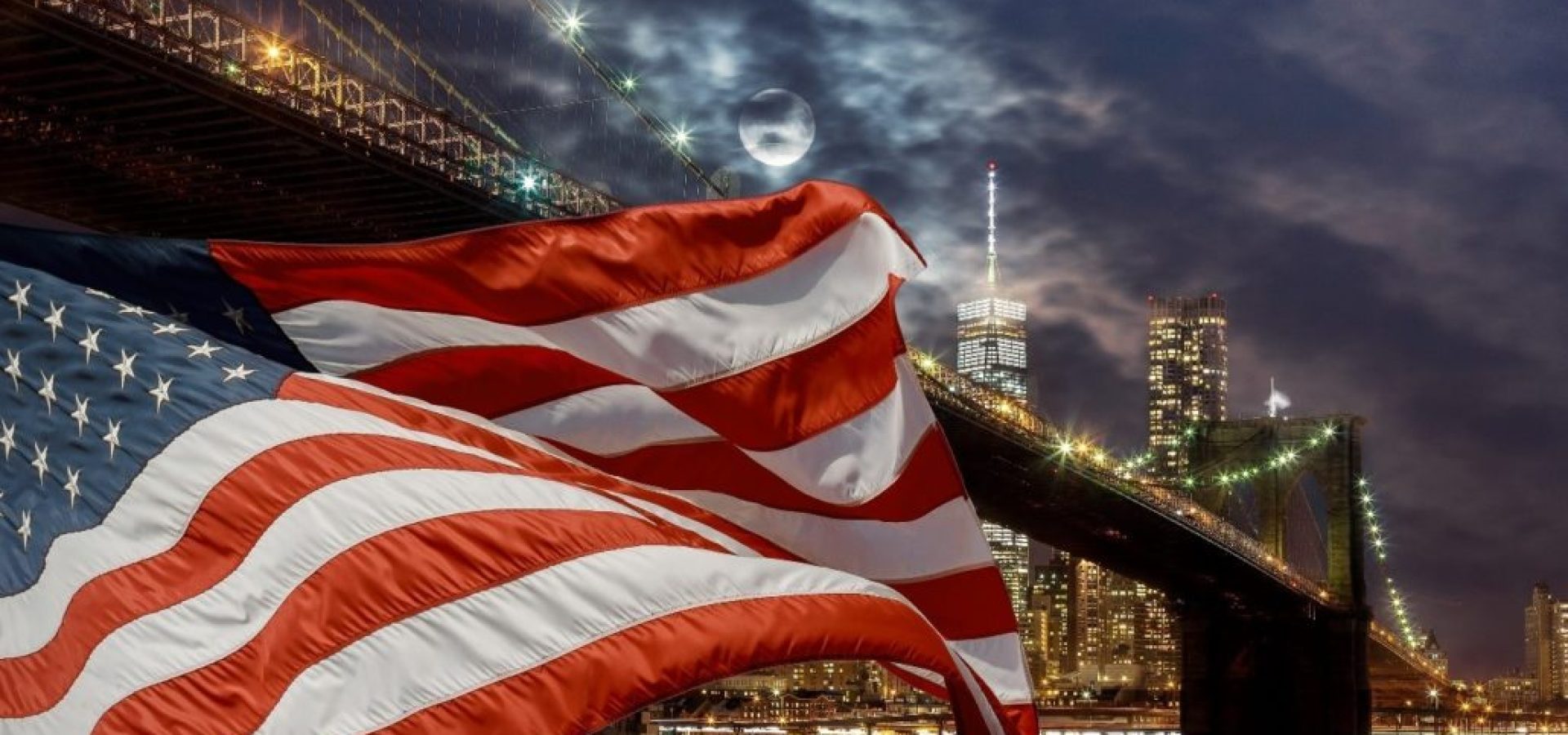Consumers in the United States are paying more for everything. In China, the problem of inflation is completely different.
According to experts, persistent inflation in China narrows the opportunity for the People’s Bank of China to decrease interest rates and promote development. According to statistics released Monday, official gauges of producer and consumer prices in China climbed more than economists predicted in March. “Despite the rapidly deteriorating economy, rising food and energy price inflation limits the room for the PBoC to decrease interest rates,” Nomura’s senior China economist Ting Lu and colleagues said in a report Monday.
Lu cited a report released earlier this month by his team; according to it, China’s 1-year benchmark deposit rate is just marginally higher than the pace of consumer price rises. As a result, Chinese bank savings have a lower relative worth. Higher U.S. interest rates shrink the gap between the benchmark 10-year Treasury yield and its Chinese counterpart; it is lowering the relative attractiveness of Chinese bonds on a global scale. Cutting rates in China would help to close the gap even further.
Profit Margins Being Squeezed
According to Wind statistics, the producer price index grew 8.3 percent in March, slower than the 8.8 percent growth in February and the lowest since April 2021. Coal and petroleum products accounted for most of the gains. Transportation gasoline increased by 24.1 percent year over year in March; notably, it was the most expensive item in the consumer price index. Since the Russia-Ukraine conflict began in late February, the worldwide oil price has risen dramatically.
China’s consumer price index increased by 1.5 percent in March; it rose from 0.9 percent in February and the quickest since consumer prices increased at the same rate in December. Food inflation dropped 41.4 percent drop in pork prices yearly. Prices of vegetables increased by 17.2 percent. “China’s inflation dynamics projected sustained margin pressure on Chinese corporates,” said Bruce Liu, the CEO of Beijing-based asset management Esoterica Capital.









COMMENTS